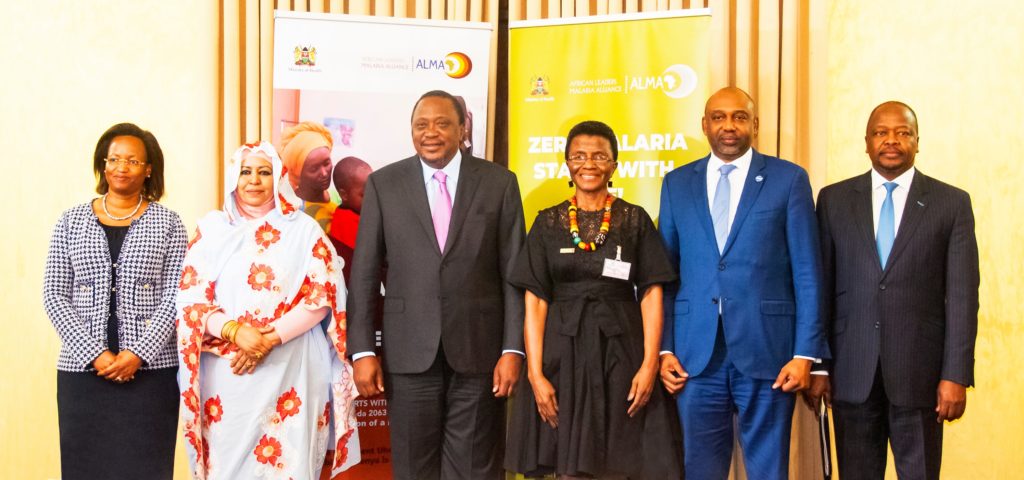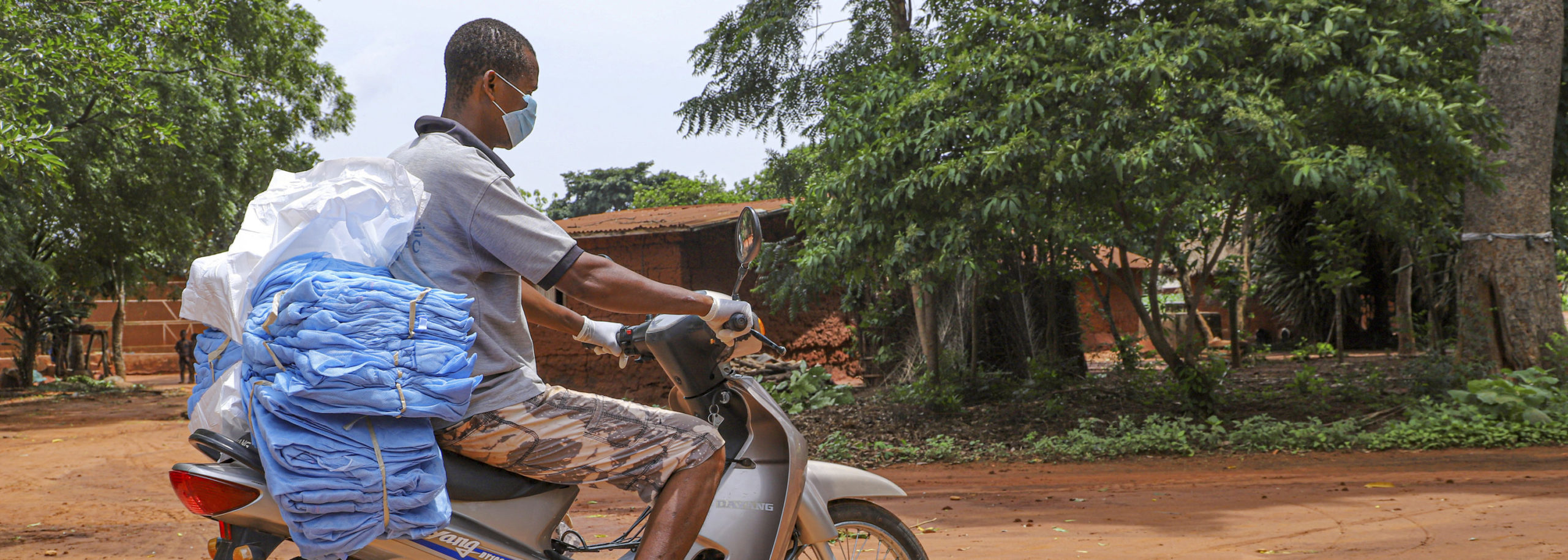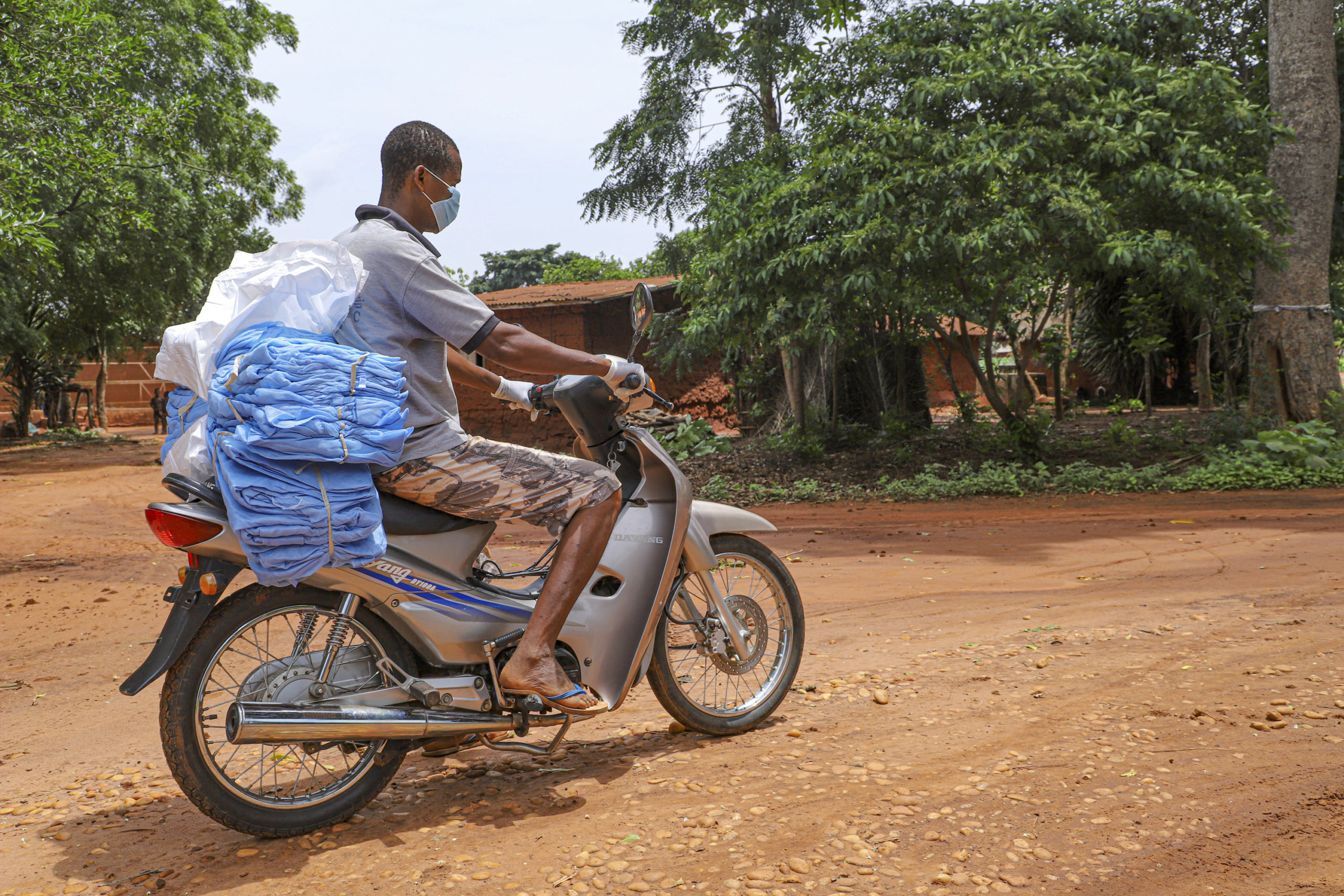Published: 04/22/2021
Every month we invite an esteemed colleague from around the world to share global health learnings, experiences, and insights from their work as part of our Lessons from our Global Colleagues series.

Anne Gasasira, Senior Programme Officer, Monitoring, Evaluation and Documentation lead ALMA
Elizabeth Chizema, End Malaria Council Secretariat Officer Zambia/ALMA
Melanie Renshaw, Chief Technical Advisor ALMA
The African Leaders Malaria Alliance (ALMA) is a coalition of African Union Heads of State and Government established in 2009 to launch a coordinated response and spearhead the fight against malaria and other major public health challenges on the continent.
The COVID-19 pandemic placed incredible strain on health systems across Africa. At the beginning of the pandemic, the WHO estimated malaria deaths in Africa could double, representing a reversal in the substantial progress seen over the last two decades. In collaboration with national governments and partners, ALMA contributed to averting this potential crisis in a variety of crucial ways.

Shut-downs across the globe threatened movement of malaria commodities to endemic countries. To mitigate a catastrophic supply-chain interruption, ALMA chairperson H.E. President Uhuru Kenyatta engaged world leaders of major supply countries such as India, leading to restoration of movement and enabling continuous access to critical interventions including mosquito-nets, insecticides, and rapid diagnostic tests.
Meanwhile, President Kenyatta also emphasized the need for endemic countries to maintain focus on malaria, despite the substantial resources and attention required for COVID-19. Continuation of malaria services, together with other essential health services, was prioritized. For example, Benin, led the continent as the first country to conduct a mass mosquito-net campaign adapted to allow for necessary COVID-19 precautions. This success was followed by similar campaigns, with around 160 million nets distributed in 2020, despite the pandemic.
ALMA was also successful in supporting scorecard management tools implemented in over 40 countries, which are being used to support service-delivery monitoring. Integration of malaria service tracking into national COVID-19 responses ensures prompt identification of and corrective action towards gaps. The ALMA scorecard for action and accountability now includes indicators on status of malaria and reproductive, maternal, newborn, child and adolescent health service-delivery in the context of COVID-19.

Mali recently published an analysis of service-delivery trends during COVID-19 using its scorecard tool, while Uganda increased the frequency of its scorecard updates from quarterly to monthly, to capture COVID-19-related disruptions.
ALMA has supported five countries to establish country-owned multi-sectoral End Malaria Councils and Funds to strengthen advocacy, resource mobilization, and community engagement for malaria. In Zambia, the End Malaria Council plays a critical role in disseminating messages on malaria and COVID-19 prevention and care-seeking.

These successes have contributed to saving lives and maintaining progress towards malaria elimination in Africa, despite an unprecedented crisis. They illustrate the effectiveness of strong country leadership and responsive partnerships.

